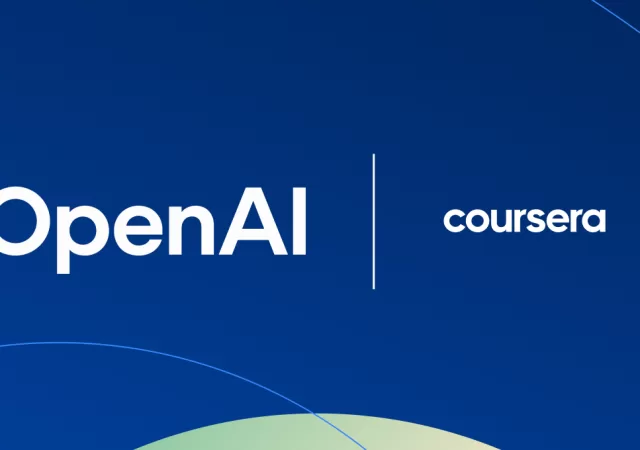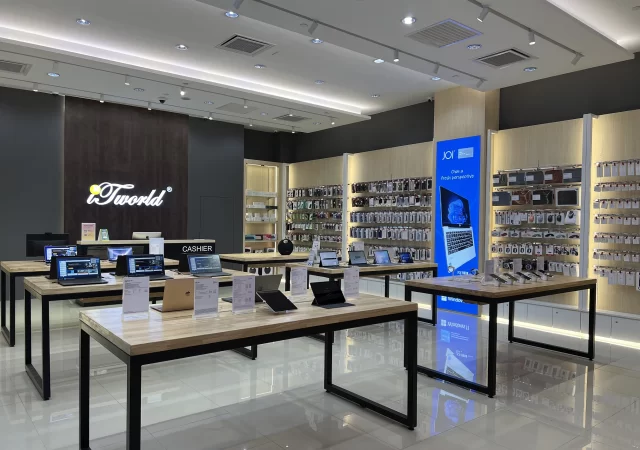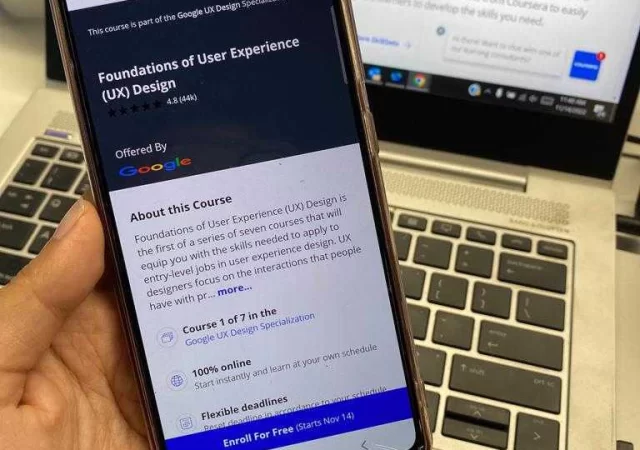Find out how Coursera is bridging the gap in online education with ChatGPT, making high-quality learning accessible to all.
Upskill for the AI Era with Coursera’s Gen AI Academy
Coursera launches Gen AI Academy in Malaysia to help empower the workforce to drive the digital economy.
The Role of Technology in Transforming Jobs and Supercharging Careers
In an era of transformation, learn how technology-enabled learning & AI-guided career counselling are giving individuals new career opportunities in Malaysia. 96% of employers plan to use GenAI technologies in 2024.
Advancing Gender Equality with Online Learning: 5 Ways it’s Making a Difference
Online learning has become a key driver of levelling the playing field for women who continue to strive for excellence in work and life.
SNS Network Technology Offers Students Affordable Devices
SNS Network Technology Berhad, an ICT system and solutions provider, has announced a slew of deals exclusively for students. The goal is to facilitate students to embrace online learning in schools through affordable devices. Managing Director, Ko Yun Hung, believes…
Making Upskilling a MOOC Point with Stackable Continuous Learning
Upskilling and education are being rethought and reinvented with new approaches from companies like Coursera who are rapidly addressing the skills gap.
AvePoint Edutech Empowers Integrated Online Learning in Six Singaporean Institutes of Higher Learning
Avepoint Edutech brings a fully integrated system to empower online learning in six Singaporean Institutes of Higher Learning.
Coursera Empowering Online Learning With New Campus Offerings
Coursera brings online learning offerings to more learning institutions with unique offerings that empower online learning.










